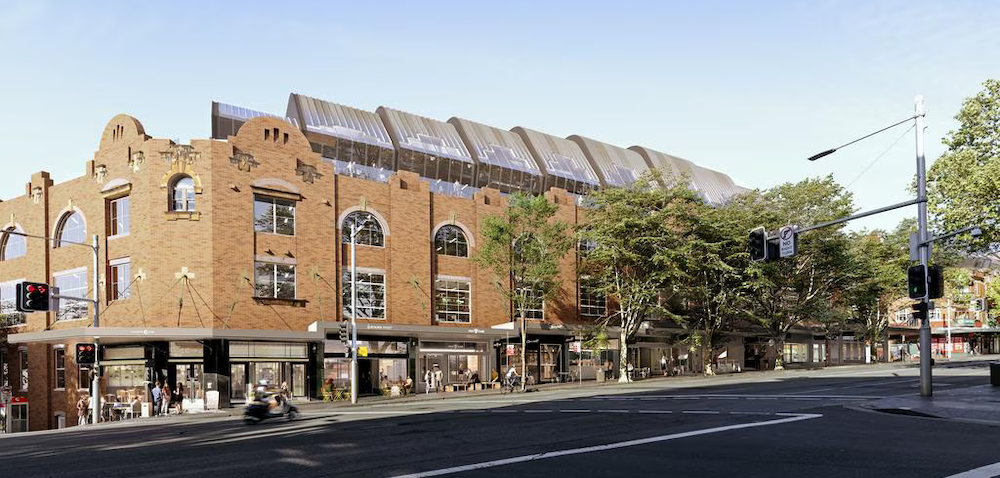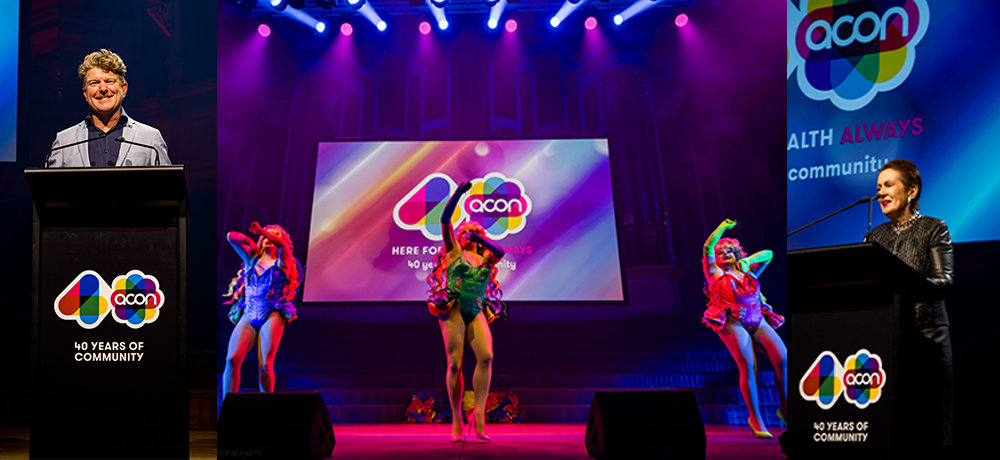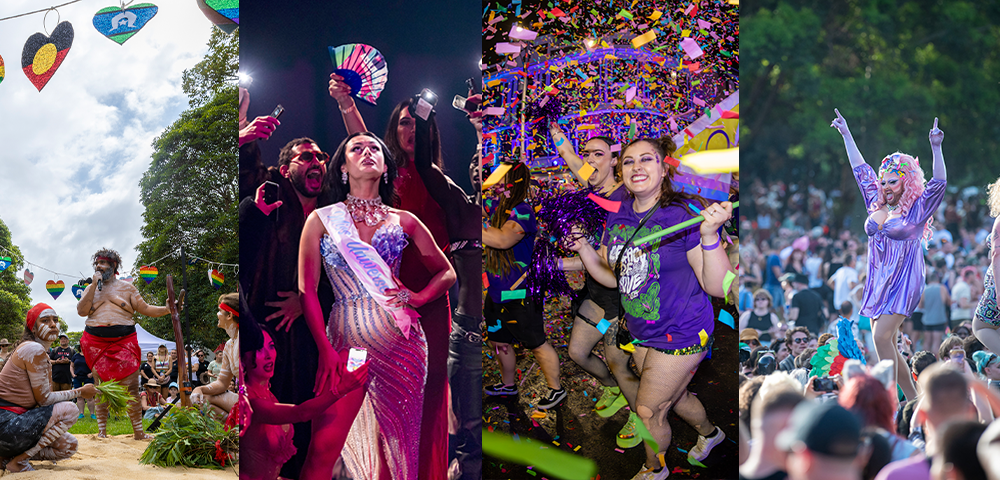
Out at sea
When I was in Year 12 in 2001 I went on the Young Endeavour on a sailing trip from Geelong to Newcastle. I found out that the people on the ship were navy people and I thought, I want that job. I signed up about a month later and they accepted me.
Escapism was one of the reasons I was interested in the navy. I envisioned a very glamorous lifestyle going and skimming across the world.
It was also to get out of high school. I was captain of Balmain High School in Year 12, but it became stressful because there was a huge amount of homophobia from other students.
I tried to come out in Year 9. I thought I could get away with it by saying I was bisexual, but it didn’t really work out at all. I kept going through high school with sniggers and sneers, and in Year 12 it became much more severe.
At the time I wore my heart on my sleeve and unfortunately it was the wrong place to do it. I thought, I’ll cut my losses here and do something else.
I signed up for six years’ service with the navy doing electronics as a technical trade. The six-year period ends in October next year.
My father was an infantry officer when I was a baby and I remember that my upbringing was quite regimented. It was the same when I joined the navy.
If you don’t turn up on time or if your uniform isn’t neatly ironed, it’s not just do you mind going and ironing it?, it’s go and report to the naval police.
We all joke around and say it’s prison. When you’re at sea you don’t leave that boundary, so you are very confined in that sense, although there is some space for relaxation. It’s made me a lot more disciplined and it’s just instilled now -“ I don’t think about it.
It can be tough maintaining a relationship in the navy because you can be posted somewhere at very short notice. In 2003 I was posted to Cairns. I was only there three days before I was called to go to the Solomon Islands.
When I was with my ex-partner I was called up at the time of the tsunami crisis in late 2004 and seven days later I was flown to Darwin. I didn’t know how long I was going to be gone and I didn’t know where I was going. I had to say to my partner, I’m sorry but the navy has said now, so now it is.
The tsunami had happened a couple of weeks before. I was sent to Banda Aceh in Indonesia, where we worked for about four months.
It took about three weeks before I got to go on shore at Banda Aceh. For about the first three kilometres from the ocean it looked like something out of a Hiroshima picture.
There was half a wall every two kilometres and a lot of red flags were flying. If you found a body or a body part you would stick a post in the ground and put a red flag on it, and the Indonesian army would come around and pick them up.
For about the next five kilometres beyond that, it was like a serious earthquake mixed with where a hurricane had hit. Mud was everywhere and most of the roads were turned up.
We then went to help out at Nias Island in Indonesia, where there had been an earthquake. In May I got to go to East Timor to support the army there, which was another amazing experience.
Before I joined the navy someone I knew who had been an officer told me to stay closeted while serving. I tried to do that for a while but then I realised I was living a lie. Slowly I told my closest mates and they said, We knew that. We don’t care.
There are more gay and lesbian people in the navy than I expected. I have never experienced homophobia in the navy myself, but there have been people in the past who have crossed that line and made it a problem.
I was in a relationship when the Australian Defence Force (ADF) changed its regulations last year to recognise same-sex couples in some circumstances.
My relationship was recognised as de facto. I was entitled to a married quarter and some support that opposite-sex couples get, such as travel allowances. It was a major change.
I’m 22 now and I expect I’ll stay in the ADF long-term. I hope to transfer to the naval police -“ you get a badge and handcuffs, how much fun would that be? Then I want to do a law degree and become an ADF lawyer.
The medals I have been awarded so far have been for peacekeeping and tsunami relief. I am proud to wear them. If I get a medal for Iraq I will wear it because that’s part of my uniform.
But I’d be more proud to wear a medal for humanitarian aid than for a war I don’t approve of. Sometimes my political opinions conflict with those of the government. I just say I’m doing my job and I believe that.
Interview by Ian Gould









